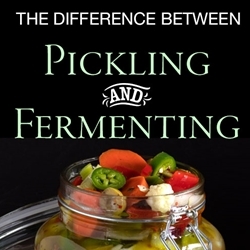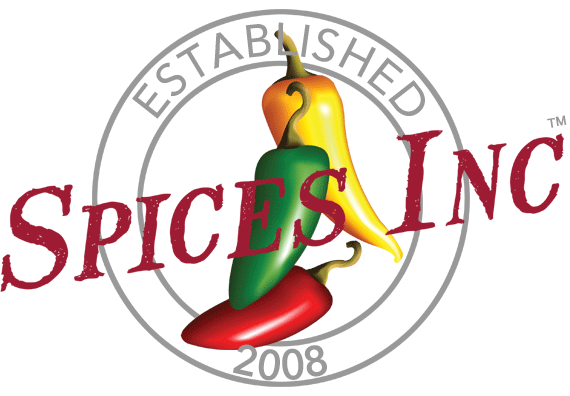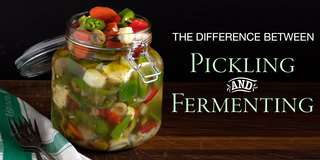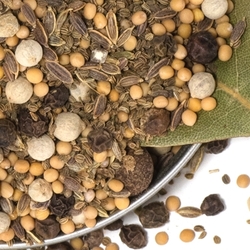The Difference Between Pickling and Fermenting

Pickling and fermenting are some of the oldest known methods to preserve food and yet they are frequently mistaken for one another. The processes do have some overlap even though they are independent of one another. They are also independently awesome.
What is Pickling?
Pickling is loosely defined as using an acidic brine to preserve a food. This method of food preservation dates back thousands of years, with records of pickled cucumbers existing in the early 2000's BCE in India. Pickling requires very little work. With the introduction of an acidic liquid to a food, the pickling process can begin. This process changes the taste of the food, usually making it more sour. Pickling changes the texture of the food as well, typically making it softer.
Quick pickling can be done right at home. This is when some mixture of vinegar, sugar, salt, and water are brought to a boil and then poured over vegetables, for example, and left to sit for a few days. Sometimes spices, like a pickling spice mix, are included in this boiled brine. The use of heat in this process destroys bacteria and other microorganisms.
What is Fermenting?
Fermentation is also quite a simple process, with an origin story even older than pickling. It got its start in China, with records of fermenting that date back to as early as 7000 BCE. It made its way around the world slowly but steadily, with fermentation gaining popularity in pre-Hispanic Mexico in 2,000 BCE. Fermenting is the use of microorganisms such as bacteria or yeast to convert carbohydrates to alcohol. This process also tends to take place in a brine, though this brine is devoid of acidic ingredients.
Two types of fermentation exist. Both kinds work on the same principles, though one is a more advanced form of the other.
- Alcoholic- this is common in bread, beer, and wine. It is the process of pyruvate breaking down into ethanol and carbon dioxide by bacteria and yeast. There is no pickling involved, even though you will sometimes hear drunks being referred to as "pickled."
- Lactic Acid- the process of pyruvate molecules further breaking down into lactic acid.
Fermentation encourages probiotics to thrive and is thus good for the human digestive system. Eating fermented foods is thought to be part of a healthy diet. Fermented foods are also important to some religious practices, particularly in Judaism and Christianity.
One of the most popular fermented foods out there is kimchi, but sauerkraut and miso paste are also fermented foods. The origins of sushi lie in fermentation, as well!
Are Pickles Pickled or Fermented?
It depends on the kind of pickle! Today's pickles are usually pickled, but they are pickled in a brine that has been fermented. Usually this brine is vinegar. However, when pickles first appeared on the scene, they were fermented. Dunked in a salty brine and left to ferment for a few days, these pickles are still produced in small batches by artisanal foodies and home cooks across the world. You are extremely unlikely to find fermented pickles in the grocery store, but if you do they are worth the purchase! Some people think that fermented pickles are even better than pickled pickles.
Pickled foods aren't usually touted as health foods since they don't do much for the digestive system. They are pretty tasty snack though, so it doesn't hurt to eat a few here and there.
What's the Difference?
The bottom line is that not all pickles are fermented, and not all fermented foods are considered pickled. It's easy to use the names interchangeably because they are such similar processes, but each has unique features that mean the results do different things in terms of taste and in terms of potential health benefits.
An easy way to remember the difference between the two despite their overlap is that pickling involves putting food into an acidic brine to produce a sour flavor, whereas fermenting gives food a sour flavor without any added acid.
Pickling is often the least healthy choice in terms of these two foods. Despite the expensive price tag on pickled and fermented foods, you can usually make similar products at home for a fraction of the cost, and the homemade stuff is often better for you than the store bought anyway.
Read More
The Crucial Difference Between Pickled and Fermented
Living the Mediterranean Diet
The Flavors of China


